For the academic year 2018-19, ECS Graduate Affiliates from the Departments of Anthropology, Art & Archaeology, Comparative Literature, English, French and Italian, German, History, Music, Philosophy, Politics, Slavic Languages and Literatures, and the School of Architecture have formed working groups to explore areas of common interest across disciplines in the study of European culture.
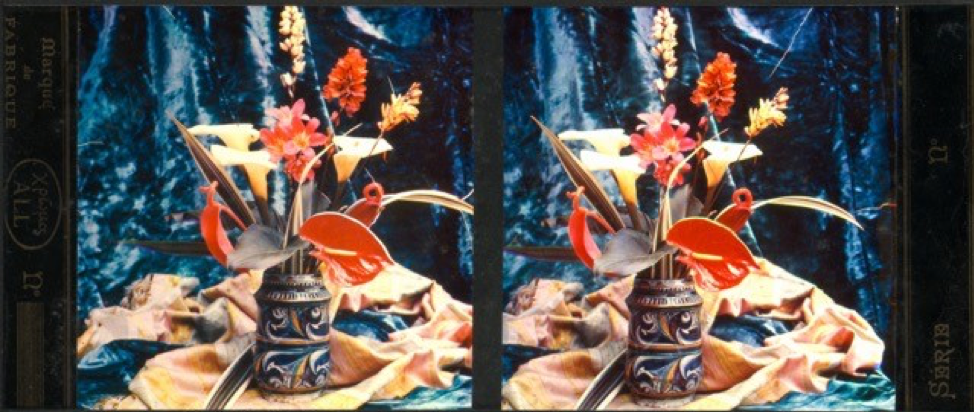
Working Group on Color and Modernity
This Working Group considers color as a feature of discourses of modernity. During a series of lunchtime workshops, the Color and Modernity Working Group will explore color’s peculiar power as a force of allure and repulsion. This Working Group will explore accounts ranging from materialist histories of the development of new technologies that saturated modern life to studies of the mobilization of color as a marker of difference. Discussions in an interdisciplinary reading group will address works across a variety of fields including, but not limited to, architecture, art history, comparative literature, film studies, history of science and technology, media theory, political theory, and sociology. Readings will examine color as a feature of images and objects—advertisements, buildings, comic books, cosmetics, clothing, illustrations, paintings, photographs, sculpture—and this Working Group will also consider the metaphoric power of color in a variety of discourses, especially in the construction and elaboration of race and gender.
Participants: Liliane Ehrhart (French and Italian), Gabriella Ferrari (Slavic Languages and Literatures), Julia Hori (English), Alejandro Naranjo Sandoval (Philosophy), Daniel Peacock (Art and Archaeology), Carmen Rosenberg-Miller (Art and Archaeology), Vajdon Sohail (Architecture)
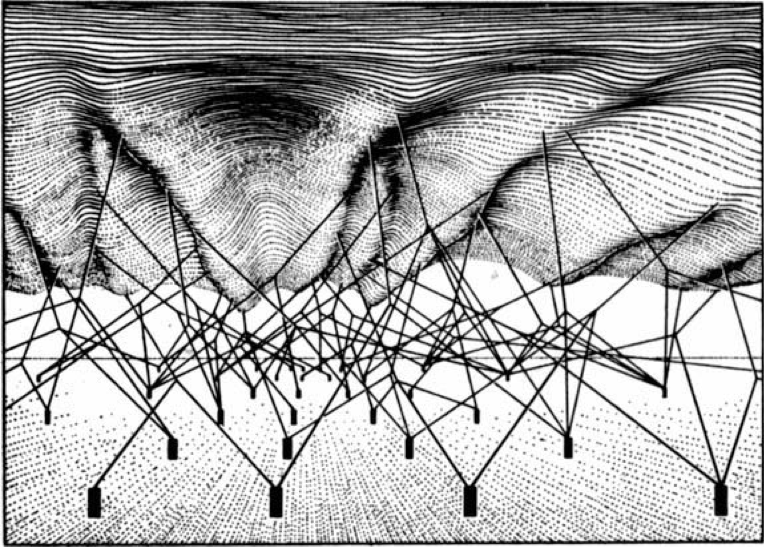
Conceptualizing Inheritance in the Long Nineteenth Century
The concept of inheritance has been shown to regulate exchange between the living, the dead, and the yet-to-be-born in contexts ranging from everyday embodied experience to political and biological abstractions. Situated at this border between life and death, preservation and change, inheritance offers a conceptual structure for thinking through the vertical and horizontal relationships between bodies, persons, forms, and ideas across discourses ranging from the literary and cultural, to the legal and economic, to the biological and anthropological. How have these structures changed and where can these manifold approaches be seen shaping each other? Through a reading group and a related workshop in Spring 2019, the activities of this Working Group will bring a variety of interdisciplinary perspectives to bear on a critical conceptual history of inheritance with a focus on the German speaking world.
Participants: MG Brook (German), Netta Green (History), Austen Hinkley (Comparative Literature), Carolina Malagon (German)

European Integration: Historical, Empirical, and Normative Perspectives
The European Union faces serious challenges that threaten the bloc’s future prosperity and stability. These challenges include: far-right populism, the refugee crisis, an “uncompetitive” welfare state, the decline in labor’s bargaining power, and a seemingly never-ending debt crisis. Commentators point to competition from global markets, ethnic stratification, the E.U.’s expansion eastwards, and the Eurozone’s inflexible fiscal rules in order to explain the origins of these challenges. This interdisciplinary Working Group interrogates such explanations by examining postwar European history and recent economic trends in light of democratic ideals. Through a reading group, the Working Group will seek to establish an understanding of the genesis of European integration and the welfare state through the reading of classic texts like Postwar (Judt), Dark Continent (Mazower), and Europe in the 20th Century (Lichtheim). We also discuss more polemical texts of contemporary analysis such as Europe’s Orphan (Sandbu), Austerity (Blyth), Nations without Nationalism (Kristeva), and After Europe (Krastev) with democratic ideals in mind.
Participants: Jonathon Catlin (History), Peter Giraudo (Politics), Bart-Jan Polman (Architecture), Diana Cristobal (Architecture)
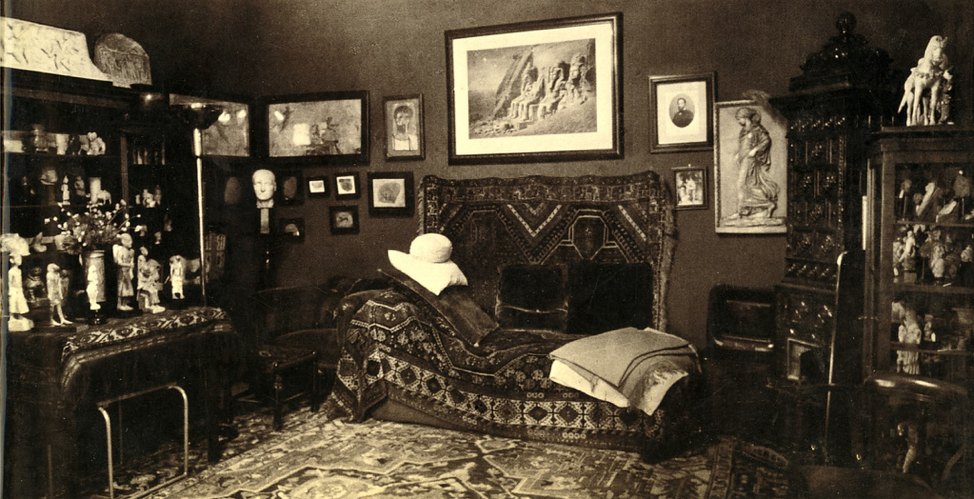
Working Group on The Interpretation of Dreams (1900), by Sigmund Freud
Sigmund Freud’s Die Traumdeutung (The Interpretation of Dreams) is the foundational work of psychoanalysis and one of the most important books of the twentieth century. In it, Freud introduces the psychoanalytic technique of interpreting dreams, the central function of dreams for the psyche, the modes of representation in the dream work, and, finally, the crucial notion of the unconscious as “the actually real psychic.” Working Group will undertake a close reading of Freud’s major work. The reading group will work its way from the beginning to the end of Die Traumdeutung, discussing small portions of the text each session. This Working Group is interested in questions about translation, representation, interpretation, and narrative; Freud’s status as the “father” of psychoanalysis and his relationship to his own work and method, hence, questions of gender, authority, and epistemology. Finally, this Working Group plans to hold some sessions of its reading group to focus on secondary readings on specific topics that emerge over the course of the academic year as being of special interest to the group. The reading group is open to all members of the Princeton University community. No prior knowledge of psychoanalysis is required. Readings from The Interpretation of Dreams in English will be completed with additional reference to the original German text.
Participants: Jonathon Catlin (History), Candela Potente (Comparative Literature), Andreas Strasser (German)
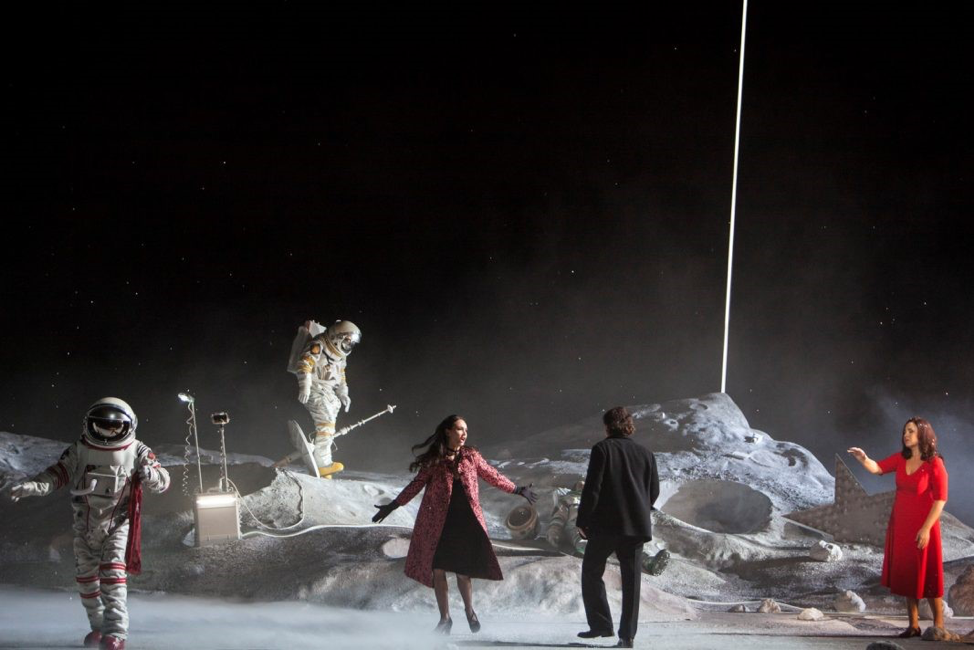
Contemporary Approaches to Opera Studies
This Working Group will survey contemporary approaches to the study of opera, with an emphasis on non-textual aspects of the genre. Taking contemporary operatic productions as an object of academic study, the group will examine how century-old works are being reinterpreted for the stage by means of challenging aesthetics and innovative dramaturgical practices. In so doing, the group will also interrogate demands made on singers and audiences and scrutinize the great hostility with which such performances have been received.
The spectacle of opera, which inherently unites a variety of art forms, has proven fruitful ground for investigations drawing from gender theory, psychoanalysis, and performance studies, among others. This Working Group surveys these approaches from a critical perspective, uniting the theoretical apparatuses of opera scholars to selected viewings of various canonical and experimental operatic productions.
Participants: Adeline Heck (French and Italian), Kyle Masson (Music), Sean Toland (German)
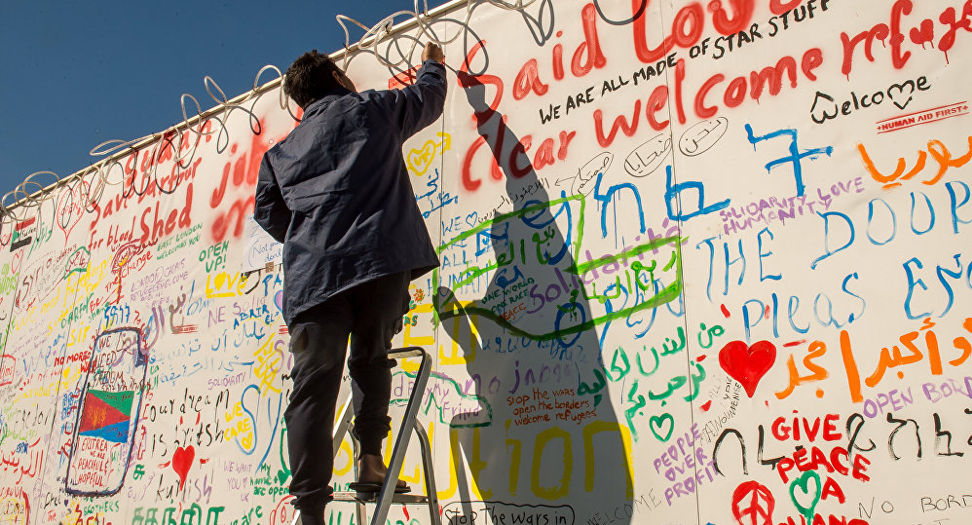
Traveling Identities and Migration
The Working Group on Traveling Identities and Migration will organize a biweekly reading group focused on contemporary experiences of emigrants, exiles, and refugees – a topic that has recently sparked a wide range of debates about place and cultural identity in critical theory and social studies. The reading group will explore the consequences of migrant hospitality in Europe, the politics and poetics of integration of migrants, and the role language plays in state discourses and the migrants’ own senses of self. In addition to discussing several foundational texts on hybridity, “the third space,” and opacity (Bhabha, Glissant, Derrida), the reading group will examine new critical directions in recent scholarly contributions on ideologies of multi/monolingualism and transnational mobility (Walkowitz, Gramling).
Participants: Liana Pshevorska (French and Italian), Jagat Sohail (Anthropology)















